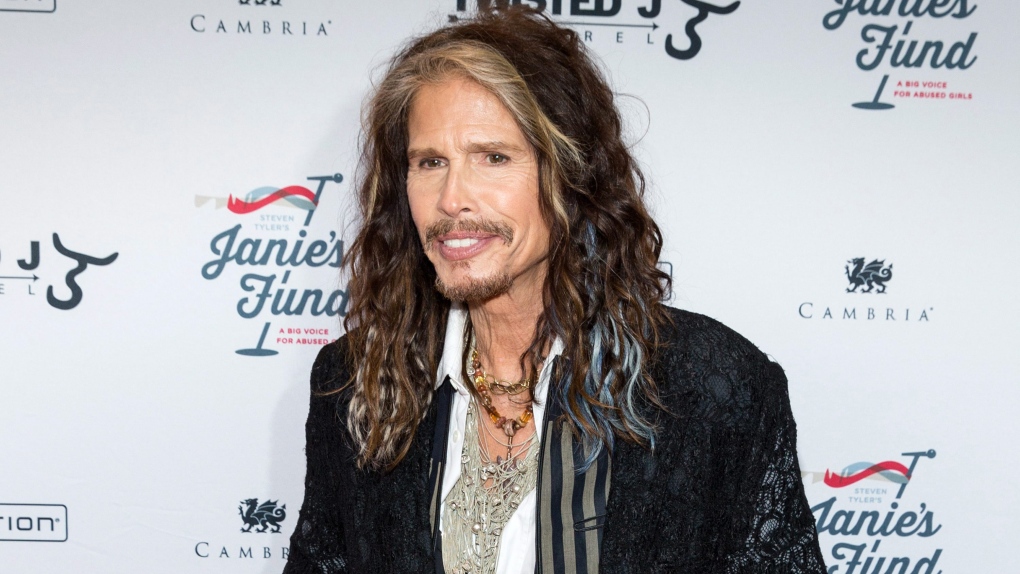Saskatchewan will soon require all PCR tests for COVID-19 to be booked in advance via the 811 HealthLine and is adding more restrictions on who will be eligible.
On Thursday the province announced that PCR testing will be reserved for “priority populations at elevated risk to severe outcomes,” including:
- Hospitalized patients, including those admitted or transferred between acute, long-term care or personal care homes.
- High risk populations as ordered by the medical health officers, such as residents in long-term care, personal care homes and congregate living facilities.
- Priority symptomatic people: health-care workers or essential workers who have a negative rapid antigen test but remain symptomatic.
- People with chronic illnesses.
- Symptomatic people living or working in First Nation and Métis communities.
- Surgical patients with symptoms or a positive rapid antigen test who are scheduled or expecting to receive surgery within the next 90 days.
- Pregnant patients.
- Symptomatic immunocompromised people, including all transplant donors.
- Newborns born to COVID-19-positive patients.
The booking requirement will come into effect on Monday, Feb. 7, the province said.
Below is a previously published story. More to come
The last of the province’s restrictions implemented to suppress the spread of COVID-19 will be gone “very soon,” according to Saskatchewan Premier Scott Moe.
“COVID is not ending, but government restrictions on your rights and freedoms … will be ending,” Moe said in a video posted on social media Wednesday evening.
In a statement on Saturday, Moe supported the convoy of trucks from across Canada that recently arrived in Ottawa to call for an end to vaccine mandates. That call has been echoed by others asking for an elimination of all public health restrictions. In his statement,
Moe claimed vaccination did not reduce transmission. A host of doctors have disputed that claim.
Moe said it’s time to end restrictions and that his actions are being influenced by messaging that he and his MLAs have been hearing from “most of their constituents.”
[pt 2/2] <a href=”https://t.co/b41GeBwrz6″>pic.twitter.com/b41GeBwrz6</a>
—@PremierScottMoe
He said while COVID-19 has not ended, people understand it better.
“They understand the risk and they are prepared to live with that risk more than they are prepared to live with the ongoing government intrusion into their lives,” Moe said.
“This perpetual state of crisis is having a harmful impact on everyone.”
Premier Moe’s statement comes after a convoy drove cross-Canada calling for the end of mandates.
The demonstrations in Ottawa have gone on for nearly one week, with no obvious end in sight. Some insist the national vaccine mandate for truckers must be cancelled, others such as the organizers behind a Wednesday news release want general COVID-19 restrictions lifted.
Experts refute premier’s statement that vaccines don’t reduce transmission
In his video statement, Moe said again that vaccination isn’t reducing transmission of the virus, claiming that “both vaccinated and unvaccinated people are getting it … at virtually the same rate.”
Experts have refuted that claim.
“Vaccines do decrease the transmission of the virus, do decrease the ability to actually acquire the virus in the first place,” Dr. Hassan Masri told CBC ealier this week.
About 15 per cent of the population has not received a dose of the vaccine, according to data compiled by CBC.
The province says only people with significant or worsening cold or flu-like symptoms including fever, or those who are considered at-risk due to underlying health conditions, should get a PCR test to confirm their COVID-19 diagnosis. Everyone else has been instructed to rely on the results of a self-administered rapid test.
That means many people who have COVID-19 are no longer being reported as part of the province’s case counts.
Eradicating COVID is not realistic … living with COVID certainly is.– Saskatchewan Premier Scott Moe
Moe said the province’s first priority is public access to health care services. Last week, the Saskatchewan Health Authority said it’s public health teams were “drowning” and the current pandemic situation is an “emergency.”
Which restrictions are being cut?
In recent weeks, Saskatchewan has relaxed public health measures. Last week, the province trimmed the length of time people are required to self-isolate and eliminated close contact protocols.
In his message, Moe didn’t specify which restrictions would be dropped, only broadly referencing “COVID-19 restrictions,” as well as the proof of vaccination mandate which he had previously mentioned would be rescinded soon.
Saskatchewan would be the only province without a proof of vaccination record.
He said other provinces and countries are having similar discussions about how to move forward living with COVID.
Moe did not specifically mention the provincial mask requirement which was extended to Feb. 28. When contacted by CBC News for clarification, the premier’s office said a decision has yet to be made.
Moe said the provincial government would be addressing COVID-19 in the same way it addresses “other communicable diseases and seasonal viruses,” and would release more information soon.
Moe continued to encourage vaccines and said people should stay home if they’re not feeling well. He added that people should travel, go to dinner with their friends and head to the movies “without constantly assessing if your every activity is absolutely necessary.”
“Eradicating COVID is not realistic; COVID-zero is not achievable,” Moe said. “Normalizing COVID, or living with COVID, certainly is.”
Prior to Moe’s statements, a virologist from the University of Saskatchewan’s Vaccine and Infectious Disease Organization (VIDO) had shared her concern about the government’s current moves to relaxing restrictions.
“When you have a situation like this where there’s a lot of a particular variant spreading, in this case Omicron, which is highly transmissible, you really want to be doing more to decrease transmission, not relax restrictions,” said Angela Rasmussen on CBC’s Morning Edition.
While Omicron appears not to be as severe as other variants, it still has the potential to overwhelm the health-care system, according to the virologist.







More Stories
Confidence levels taking a hit as costs rise for local Saskatchewan businesses | Globalnews.ca
Winnipeg dental program serving inner-city youth marks 25 years – Winnipeg | Globalnews.ca
Powerful tornado tears across Nebraska, weather service warns of ‘catastrophic’ damage